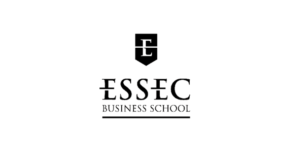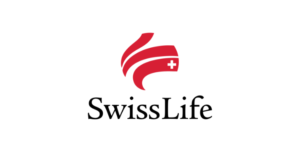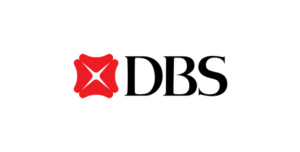-
 CSR & SUSTAINABILITYGet inspired by the new ways of doing businessCONTACT US to organize your Learning ExpeditionOFF/ONLINE LEARNING EXPEDITION
CSR & SUSTAINABILITYGet inspired by the new ways of doing businessCONTACT US to organize your Learning ExpeditionOFF/ONLINE LEARNING EXPEDITION
NEW ! Virtual Learning Expeditions
Why going digital?
– Cost-effective for large number of participants
– Explore multiple ecosystems around the world at the same time
– Flexible timings

Get inspired by the new ways of doing business
Businesses today face three interlocking challenges: shareholder demands for growth, employee desire for meaning from work, and rising public expectations that they address social, economic, and environmental challenges.
The coronavirus pandemic has been another reminder that companies can and must play a more prominent role in addressing societal challenges – and the pressure to act accordingly is as high as ever. A shift to more sustainable production and development has also been expected as one of the 17 United Nation’s Sustainable Development Goals for 2030. It involves a more efficient use of natural resources, sound management of chemicals to minimize the effect on health and environment and more transparency about their sustainability in their reporting cycles.
Leading firms are tackling these challenges simultaneously by turning to corporate social innovation (CSI). By investing in new innovation sources and methods, including partnerships with social entrepreneurs and employee “intrapreneurs,” they are generating new products, unlocking markets, and engaging in creative philanthropy—all of which address social challenges while supporting business reputation and growth.

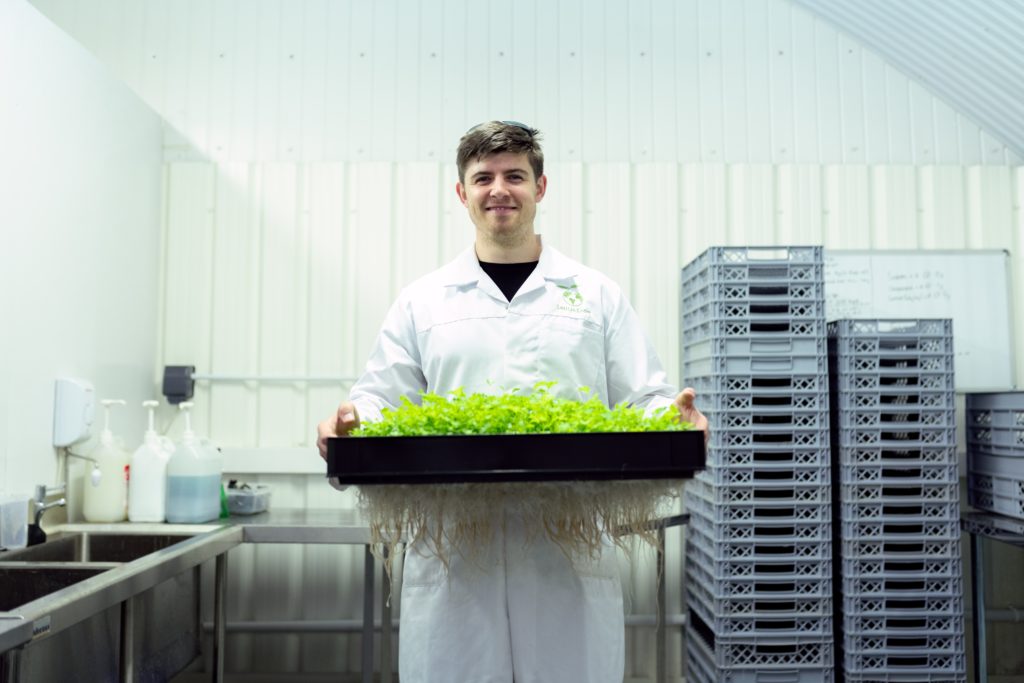


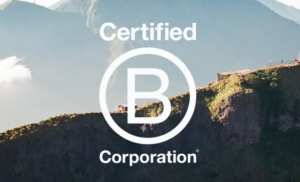

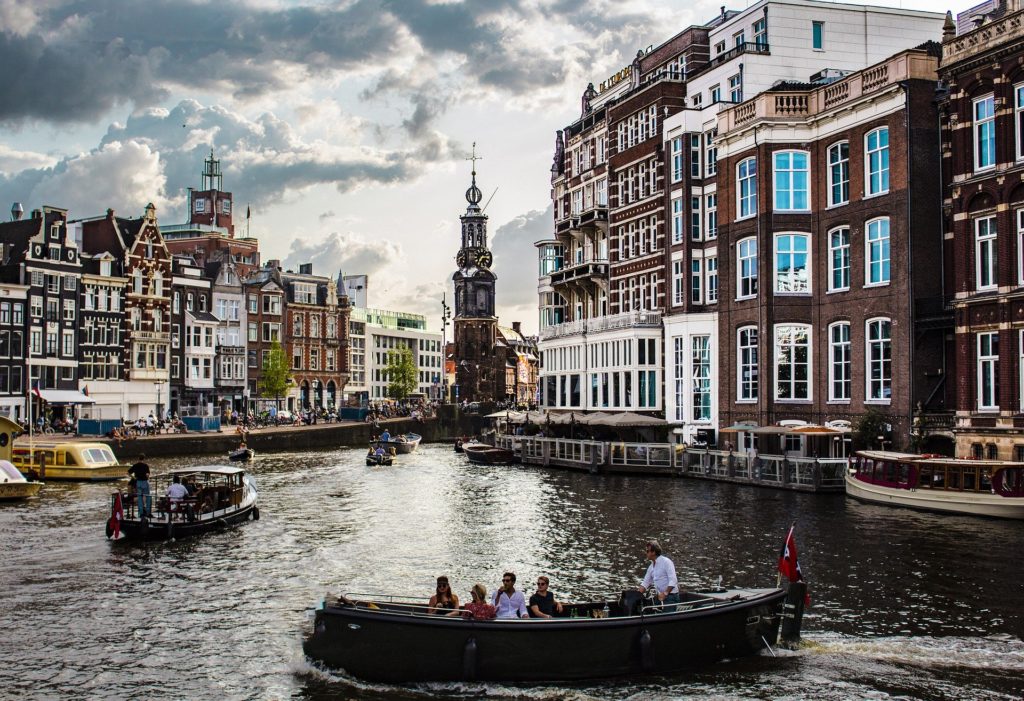

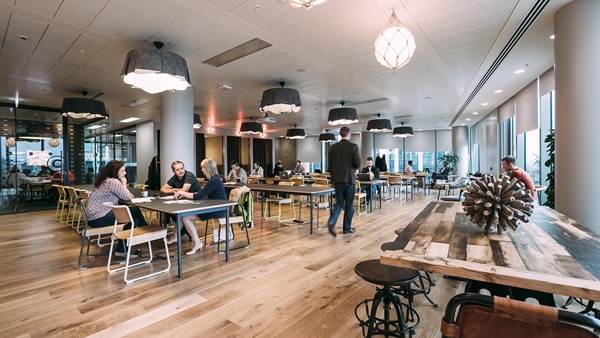




You want to:
– Understand how Corporate Social Responsibility is transforming and how some businesses are pioneering a new way of doing business
– Inspire your teams to innovate and think creatively
– Align your management/teams on strategic topics to prioritise
– Learn about the technologies behind corporate social and sustainability innovations (UX, data, AI, blockchain) and how the new ways of working (open innovation, intrapreneurship, lean startup, human-centric design, etc)
– Improve the cohesiveness of your team for more effectiveness
– Embark your key stakeholders into your new vision of the world by offering them to participate in a learning experience designed to deliver on your messages
Where to learn from the most inspiring companies reinventing businesses?
We have identified London, Amsterdam and Paris as the best places to learn more about corporate social innovation. However, there are corporations thriving to become more responsible and sustainable everywhere, so don’t hesitate to contact us to organize a learning expedition in another city as well.
London, the leader in corporate social innovation
In Britain, almost two-thirds of companies already invest in corporate social responsibility programmes, research by NatWest shows, with 64% of midsized businesses having committed to ethical behaviour through corporate social responsibility.
London hosts the regional headquarters of many large corporations that are paving the way when it comes to corporate social responsibility and innovation, such as Microsoft, Starbucks, Walmart, Vodafone, Unilever / Ben & Jerry, Danone or Nestlé.
As a major innovation hub in Europe and a leading centre of philanthropy, it is not surprising that London also has the largest number of B Corps in the region. “B Corps” is one of the most recognized labels for businesses that meet the highest standards of verified social and environmental performance. In May 2020, there were 150 “B Corps” companies in London, of all sizes and from diverse industries. Impact Hub, a community of social entrepreneurs that has been around for 10 years, is one of them.
London is also a place to better understand topics such as Corporate Digital Responsibility, with the Foundational Research Institute which researches ways to reduce risk from emerging technologies.
Amsterdam, the inclusive and sustainability hub
The Netherlands mentality is still marked by Erasmus’ values, Humanism and Europeism. The European footprint is deeply anchored in the Dutch spirit. The Netherlands is also famous worldwide for its inclusive mindset. It has been a forerunner in the area of LGBT+ rights.
In 2015, the city launched a triennial plan to promote social entrepreneurship in Amsterdam.
Triennal plans are aimed to tackle social challenges in health, education, employment, sustainability and poverty by developing and marketing innovative goods and services.
A distinctive brand and name “Amsterdam Impact” was developed to enhance positive actions.
With a National Environmental Policy Plan in place for more than 20 years and more bikes than people, the Netherlands sustainable culture also makes it a leader in new innovations and policies to make transportation, energy and industry more sustainable. The Netherlands is gaining recognition as a hub for sustainable fashion.
Amsterdam is also considered one of the smartest cities in the world (3rd smartest cities by IESE Cities in Motion Index, 2019) and one of the most dynamic startup hubs in Europe. To achieve its sustainability plans, the city is collaborating and seeking agreements with industries, supply chain managers, real estate developers, and its bus and taxi companies for example, accelerating the transformation of these businesses.
Amsterdam is also becoming the European HQ of more and more global organizations, especially after Brexit, and therefore a place to meet some of the most inspiring and corporates with innovative CSR initiatives such as Salesforce, Danone or Cisco.
Among the most inspiring social enterprises in the city, Amsterdam hosts the ethical smartphone company Fairphone launched in 2013. The B-Corp certified company is transforming the electronics industry with a phone that is “kind to people and kind to the planet”.
Paris, a pioneer in employee involvement and corporate social innovation
The French experience with CSR is linked to its special focus on labor issues and employee involvement. France has been a pioneer with the first international framework agreement (IFA) on CSR negotiated between a multinational organization and trade unions in 1988, followed by around ten others (including Danone, Accor, Carrefour or Renault, for example).
The French multinational Danone is also the largest company to receive the B-Corp certification for some parts of its business. Danone’s collaboration with Grameen Bank’s founder and Nobel Prize Muhammad Yunus to create a social business selling enriched yoghurt in Bangladesh has been one of the most inspiring experimentations of corporate social innovation of the last few years.
Nearly half the world’s most sustainable corporate companies across environmental, social and governance factors are located in Europe, according to the Corporate Knights Global 100 index. France paves the way with nine sustainable companies in the ranking, including L’Oréal, Kering and BNP Paribas. Paris also hosts the largest number of B-Corps in Europe, after London.
Interested to organize a learning expedition?

